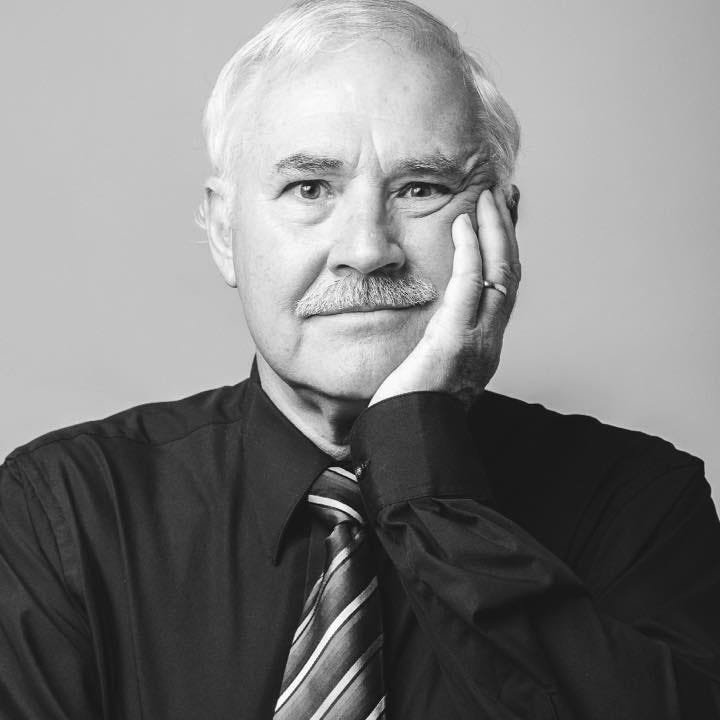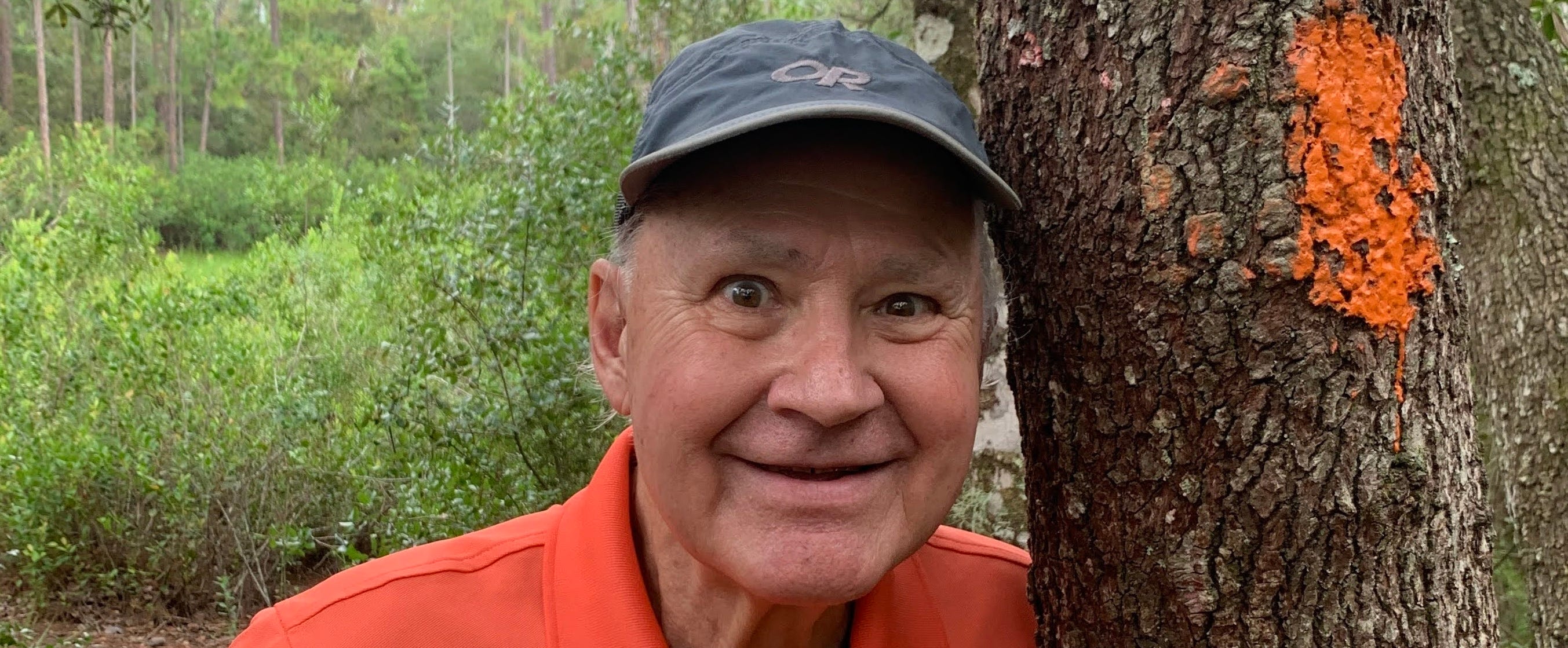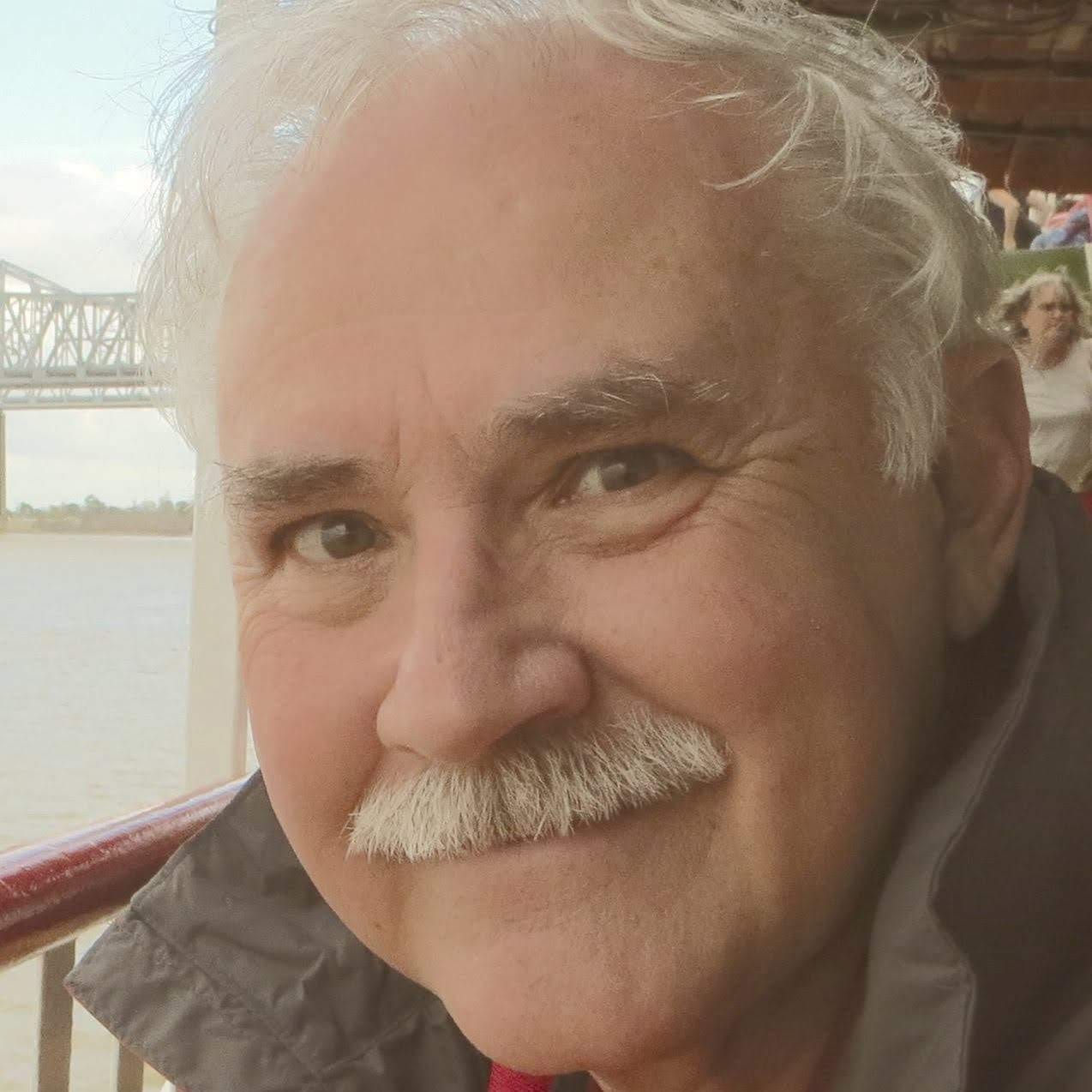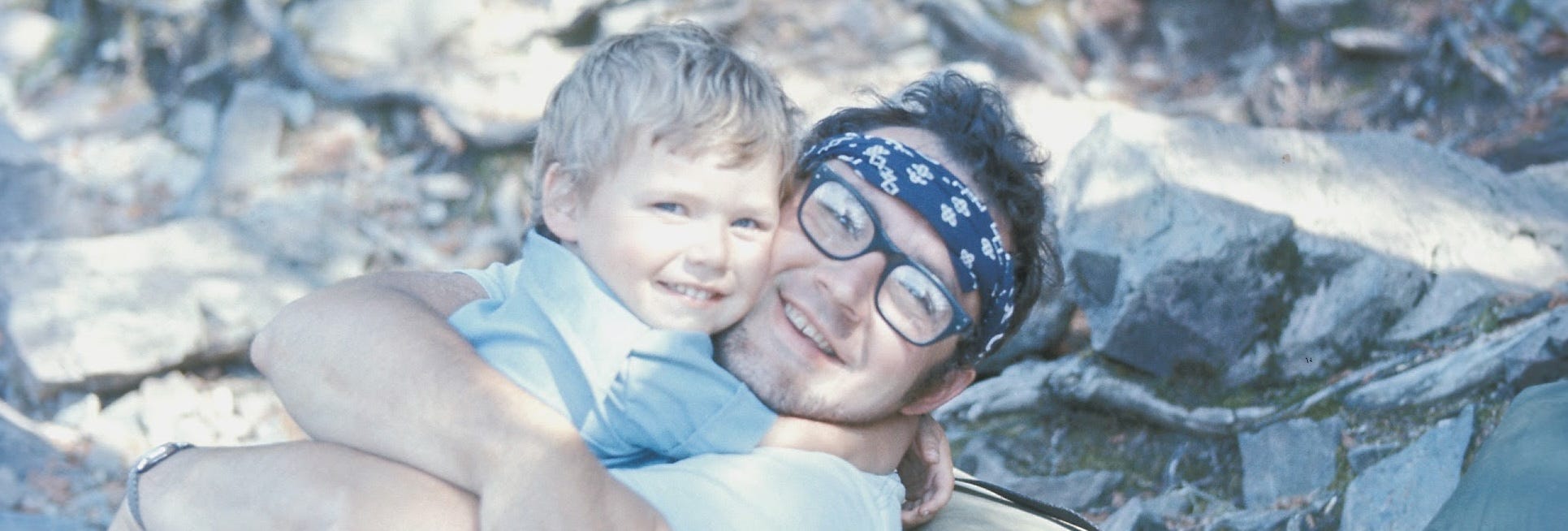From Great to Good: When Keith Drury Felt Like a Failure
Reflections on the death of my father
As aging peers gather to pay respects to the family of the deceased, they often express sympathy by shaking hands with the nearest kin and uttering the words, "He was a good man." Although it may seem like a cliché, it holds more significance for me, especially after the death of my father on April 7, 2024. To help you understand, let me take you back to the mid-1990s.
Children can’t parse out the inner lives of their parents well. But my father shared with me later how he felt at the time. He had been elected to take charge of the spiritual formation and discipleship department denomination’s leadership (Wesleyan). He put a lot of effort into rebranding from a focus on "Sunday School" to "Discipleship," which included a North American tour called Teaching of the Bible focused on increasing the effective use of scripture in small groups and classes. However, despite his efforts, the key performance indicators for success showed a downward trend. He knew that his approach was not working, and he wrote about his struggles in a secret memoir that he has only allowed our family to read.
"I had to escape my abject failure in rejuvenating deeper discipleship in the denomination. It was strangling me more each day in my mind, my soul, my spirit—even my body."
(Recollections: The Private Memoir of Keith Drury, 2023, p10)
He felt that his influence over our corner of the Kingdom was diminishing and he couldn't see a way forward. He had been an admired figure in our circles, but he moved into a season of self-doubt. He believed his writings were growing stale, and his spiritual life had become stagnant. He was physically unfit and feared dying tragically early, just like his brother, Elmer, who passed away from a heart attack at the age of 50. My grandmother had moved in with us, and it was incredibly taxing on my Mom and their marriage. I had moved away to college and rarely came home, even for breaks. The family seemed to be drifting apart. He didn't think he was a good father or husband, and he knew he was failing as a leader in the job he had once dreamed of having.
His malaise was intense. He wrote of this season,
"I was so burned out after banging my head against the wall for those five years I wasn’t sure I could ever hold a job down—for the rest of my life. Total burnout. Complete failure."
(Recollections: The Private Memoir of Keith Drury, 2023, p10)
After Failure
In the middle of this season of melancholy, he wanted to uplift me by acknowledging the success of something I had just led. He told me, "David, I think you are truly turning out to be great." I don't know what got into me, because I've had significant struggles with arrogance, but at the time I responded, "Actually Dad, I don't want to be great. I just want to be good." It was perhaps a flippant sophomoric statement in the moment, and indeed I was only a bit older than a sophomore when I said it. Even as a young man, I was always more clever than wise. But something about what I said stuck with Dad.
Before this season of failure, my Dad exhibited many signals and signs of true greatness. He had some talents only savants show early in his career. What he touched seemed to turn to gold, and the rest turned at least to silver. However, his years of failure (as he considered them) left him a husk of his former self. In his discouragement, he faced a crossroads, and for some reason, my flippant response, which may have come from a spirit of young adult laziness, struck him to the core. He relayed to me, and to others later on in a speech he gave for Wesley Seminary, that he decided to pick up the concept to guide the "second wind" of his life. Some years later, in 2001, business guru Jim Collins published the international leadership bestseller "From Good to Great." His mantra became the opposite of that title: "From Great to Good."
From Great to Good
This fork in the road would mean making different choices for work and influencing different kinds of people. It meant writing differently and acting differently. It meant living off the fruit of the Spirit instead of off his formidable gifts of the Spirit. It meant fully committing to developing others and decreasing his emphasis on himself and his success, position, and fame.
Sure, there were times before he was 50 when Dad had chosen goodness instead of chasing greatness, and you may know of examples of those. I wrote about some in Being Dad, my memoir of what it was like to have an intentional father. But Dad reframed those decisions, retroactively, as the foreshadowing of the secret to life he could only articulate and live out after 50. That secret is to choose to be a good man or woman and then let God determine the greatness of your influence. Instead of focusing on making yourself into something great, learn what it means to live a good life for God. Don't aim for greatness, aim for goodness. Live from great to good.
The most important decision Dad made in that season was to resign from his elected post and forego the large salary, benefits, position, influence, and perks of the role. He would have to sell his 10 acres of land with a pond and 4,000 square foot dream house he had designed and built with my Mom. Instead, he would make a sharp turn to help out the very young, those who would have no idea who he was and would not have read any of his books or heard him speak before. He would become a teacher. On a spiritual retreat, he sensed God told him,
“Don’t seek any other job but take the first Wesleyan teaching job offered to you no matter where.”
(Recollections: The Private Memoir of Keith Drury, 2023, p11)
You might know the rest of the story. I won't repeat it here. I only write this to remind everyone that when someone says of my Dad, "he was a good man," that is not a cliché. It is perhaps the most fitting thing to say because it was his goal.
Great and Famous
My friend Russ (also a longtime colleague of my Dad), often tells people that in Matthew 25:21 the returning master doesn't say, "Well done, thou great and famous servant." It's "good and faithful," friends. We spend far too much energy trying to do something great and envying the famous. These are not the aims of the LORD's servants. Instead, it is faithfulness. It is goodness. As Keith Drury discovered, it is moving from great to good.
There is no doubt, of course, that my Dad struggled as he aged with whether he had made an impact. With whether he had done enough. Like all men and women of prodigious talent, on his bad days, his ego would struggle with obsessive thoughts of legacy, regret, and depression. He would experience an oddly joined entanglement of arrogance and self-loathing, a contorted knot most with the gene of greatness struggle to disentangle. But he always sought to overcome the temptations of greatness with the Christlike, faithful, and fruitful thoughts of goodness.
I hope to do the same. I'm learning that attempting to be great and famous in this life is a temporary eclipse, it blinds us from the Son who longs to call us good and faithful in the next life.








This is a very powerful article, David. So grateful you shared this. Your dad was a *giant* to so many of us as we learned our way into ministry as young people during those same years you write about here. I recall how profoundly interested he seemed in us young men/women preparing for or just entering into ministry, and the time he invested in us was life changing. He invited me to one of his retreat hermitages once when I was in my early 20's--one of the most meaningful and impactful experiences in my early ministry calling. While this article reveals his own doubt about his impact during those years, his life will reverberate for perhaps centuries in the downstream effect of those he touched, who then go on to touch others, who will touch others... A great lesson for all of us for the impact we bear in ministry and likely have no idea.
Thank you, David, for this authentic peak behind the curtain of your dad’s life. He told me about this private memoir in one of last meetings and I’ve often wondered about that season of his life.